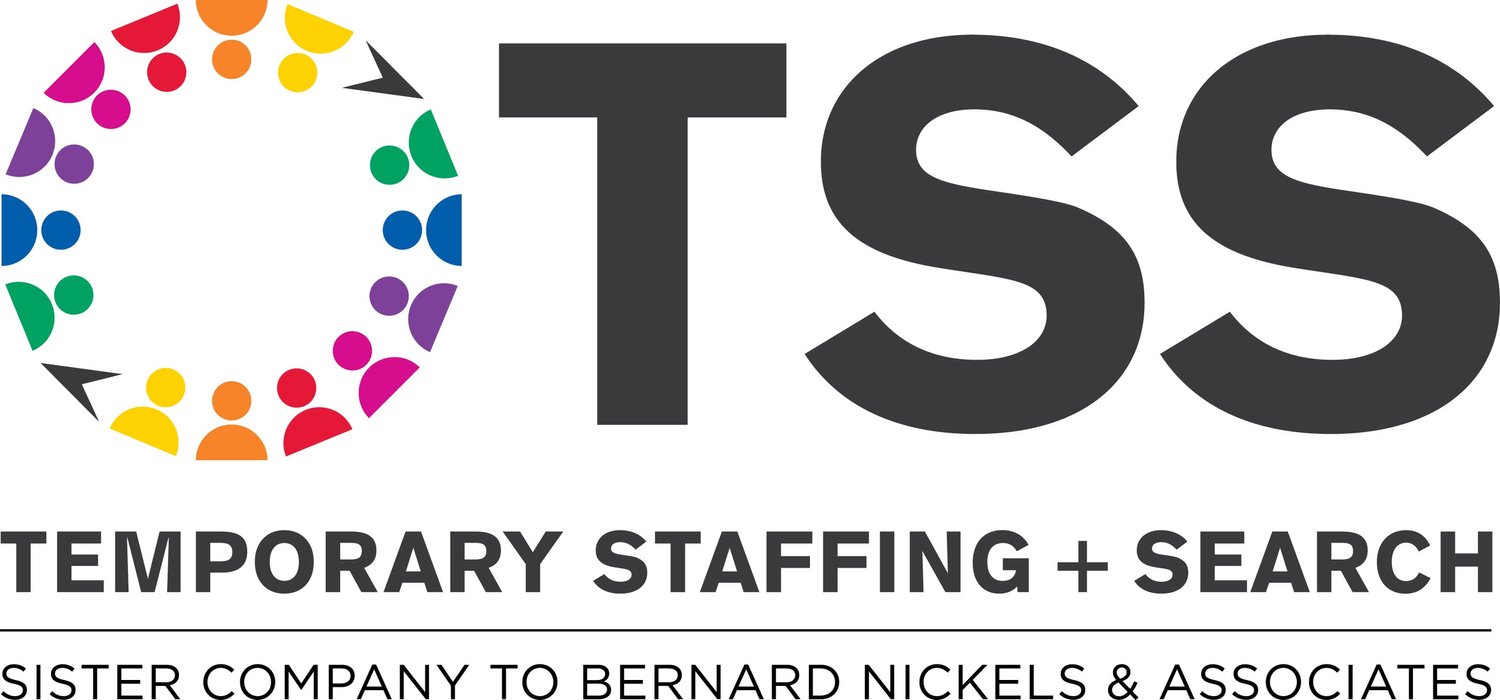Job Loss and Mental Health: Why It's Okay to Grieve—and How to Move Forward
Losing a job can feel like losing a part of your identity. In a culture where careers often define us, it’s common to feel grief, confusion, and even shame when employment ends—especially if it’s due to a layoff. But here's the truth:
Job loss is not a personal failure.
Layoffs and restructurings are about business decisions, not your worth or ability.
A recent NPR article highlights how job loss can significantly impact mental health. It’s not just the loss of income—it’s the disruption of routine, purpose, and identity.
Give Yourself Permission to Grieve
Mental health professionals say that losing a job can trigger a grief response, similar to other major life losses. Unfortunately, many people skip this step and go straight to self-blame or panic.
Instead, consider:
Recognizing that it’s okay to feel upset, uncertain, or even angry.
Giving yourself time to process the change.
Reframing the experience as a transition—not an ending.
Reclaiming Purpose and Stability
According to social work professor Jeffrey Anvari-Clark, your mindset around job loss can make a big difference. Seeing it as temporary—rather than catastrophic—can help protect your mental and physical health.
To regain some stability and boost your mood, consider taking small, intentional steps:
Pick up a side hustle – Use a hobby or skill to generate income and stay active.
Volunteer – Helping others can give you a sense of purpose and strengthen your network.
Explore temporary or contract work – Even short-term roles can provide structure, income, and a path to new opportunities.
You’re Not Alone—And We’re Here to Help
Job loss is a common, human experience. It’s okay to ask for help—and to rebuild at your own pace.
If you're exploring your next step, whether it's a temporary role, contract work, or a new full-time opportunity, we’re here to support you.

